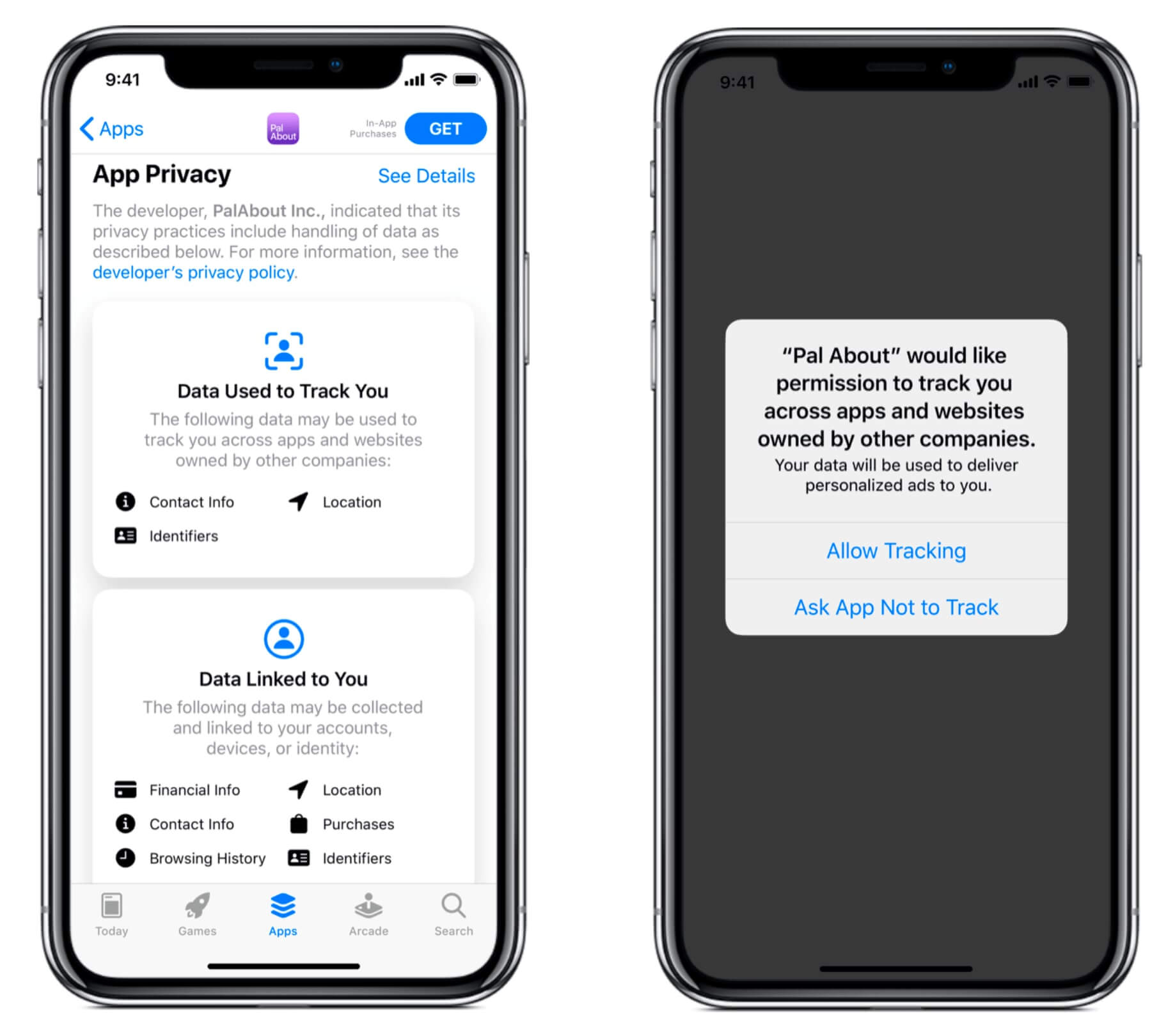Bottom line: Apple is bolstering privacy in iOS 14 with new features that help users understand how apps use their data and decide whether they want to allow tracking for personalized ads or other purposes. Advertisers in Europe aren't happy about the development, but the company is determined to make them use new tools that don't require user tracking.
When Apple announced iOS 14 and iPadOS 14, the privacy features it showcased have created uproar among advertising groups, who are now worried the changes will interfere with their ability to target users with personalized ads.
One of the common tactics used by advertisers to improve the effectiveness of their ads is to track users across apps and websites, which allows them to learn more about your interests and create a more detailed profile. It also helps them measure how well an ad campaign worked without having to know who you are.

However, for users who upgrade to iOS 14 and iPadOS 14 later this year, apps that use ads for monetisation purposes will have to display a popup that asks for permission to do the necessary tracking and explain why it's important. No less than sixteen European digital advertising associations backed by Facebook and Google are objecting to this new behavior required by Apple, noting that this would make it more likely for users to refuse giving those permissions.
Given that apps will now have to comply with both European privacy rules and Apple's new privacy policy, users will be asked for permission twice, making for an admittedly frustrating experience. It could also lead some people to believe the ad tracking behavior is something they need to think twice before enabling.
Apple says the feature is designed to increase transparency on how users' information is being used. The company is also working on a free tool for developers that allows them to use anonymous data to measure the effectiveness of an ad campaign. The tool doesn't trigger the popup, as there's no user tracking involved.
In iOS 14, the only two exceptions that allow apps to track a user without asking for explicit permission are situations where an app is sharing data locally with another app without it leaving the device, and situations where the data is used for fraud detection or other security measures.
